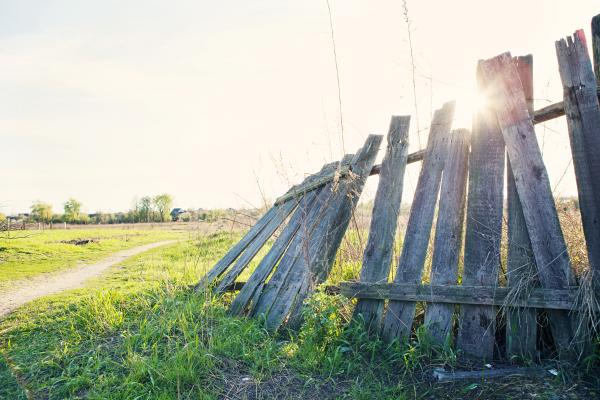Jul 13, 2016
Importantly, in the Old Testament, Israel was told to rehearse its story of redemption in its feasts. That story was to spur them on to faithfulness, but also to motivate them to be open to outsiders. They were not to repeat the actions of their oppressors in their engagement with outsiders, but be accepting and helping (e.g., Exodus 22:21; Deuteronomy 5:12-15; 24:17-22).
Read the Full Article

Already a subscriber? Login
